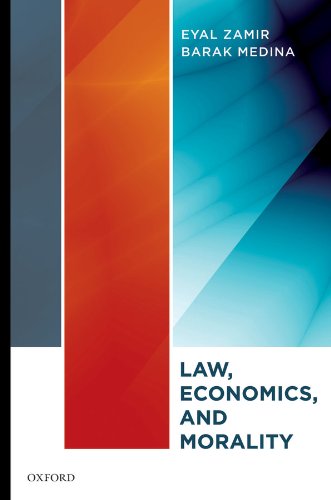Obstructive Marketing: Restricting Distribution of Products by Maitland Hyslop
By Maitland Hyslop
In Obstructive advertising, Maitland Hyslop bargains with a really destructive form of job which embraces actions, criminal or differently, designed to avoid or limit the distribution of a services or products, briefly or completely, opposed to the desires of the product producer, merchant or customer.
When the writer outlined this phenomenon as Obstructive advertising and began to investigate it greater than a decade in the past, it used to be obvious as a sound idea that was once might be prior to its time. the realm has moved on and within the period of globalization a examine of this destructive point of selling is now required. Obstructive advertising is now noticeable because the enterprise an identical of uneven struggle, that is more and more understood as the upward thrust of the South and East on the rate of the North and West has introduced a few Obstructive advertising stratagems into sharp focus.
Using the author’s personal study, this ebook explains what Obstructive advertising and marketing is and why it isn't referred to as Anti-Marketing. the writer explains who practises Obstructive advertising, the place, while and the way; and why companies are fairly weak while coming into new markets and fascinating in swap and innovation. interesting options reminiscent of cultural hazard are illuminated in addition to formal hyperlinks among Obstructive advertising and marketing, uneven conflict and terrorism. This all results in id of the necessity for a powerful Government/Business partnership to counter the consequences of this darkest form of marketing.
Read Online or Download Obstructive Marketing: Restricting Distribution of Products and Services in the Age of Asymmetric Warfare PDF
Similar business law books
Legislation, Economics, and Morality examines the potential for combining fiscal method and deontological morality via particular and direct incorporation of ethical constraints into financial versions. monetary research of legislation is a robust analytical technique. even if, as a only consequentialist technique, which determines the desirability of acts and principles completely through assessing the goodness in their results, usual cost-benefit research (CBA) is normatively objectionable.
Examine Paper (undergraduate) from the yr 2010 within the topic enterprise economics - legislations, grade: 1,0, Robert Gordon collage Aberdeen (Aberdeen enterprise School), path: deciding to buy rules and legislations, language: English, summary: Die Arbeit betrachtet zwei Aspekte des internationalen Kaufvertragsrechts: zum einen die Besonderheiten des schottischen Rechts für den vorab generell erläuterten „Sale of products Act“ in Großbritannien bzw.
Conquest by Law: How the Discovery of America Dispossessed Indigenous Peoples of Their Lands
In 1823, leader Justice John Marshall passed down a ideally suited court docket choice of enormous significance in defining the rights of indigenous peoples through the English-speaking global. on the middle of the choice for Johnson v. M'Intosh used to be a "discovery doctrine" that gave rights of possession to the ecu sovereigns who "discovered" the land and switched over the indigenous proprietors into tenants.
Patents lie on the center of contemporary pageant coverage. within the new economic system, organisations use them variously to guard their R&D, to reinforce their industry positions, and to exclude opponents. Antitrust enforcers hence scrutinize patentees to make sure that they don't use their intellectual-property rights to suppress pageant.
- Fighting Health Insurance Denials: A Primer for Lawyers
- Texas Business and Commerce Code
- The Idea of Labour Law
- 2015 Delaware Labor Law Posters: State, OSHA & Federal Posters In Print - Multiple Languages
Additional resources for Obstructive Marketing: Restricting Distribution of Products and Services in the Age of Asymmetric Warfare
Sample text
